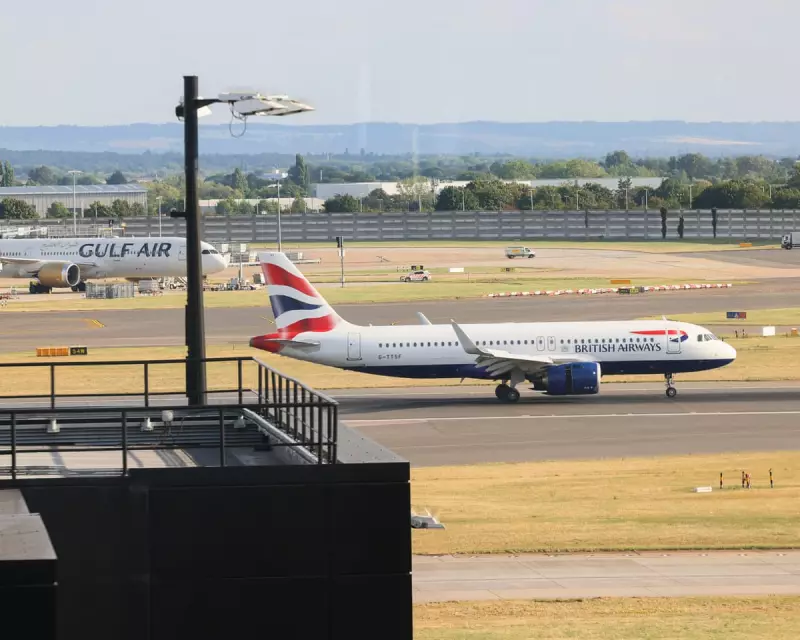
The race to decarbonise air travel is accelerating, but Britain and the European Union are heading for potential turbulence as they pursue different flight paths towards greener skies.
New analysis reveals a growing regulatory divergence between the two powers, with Brussels pushing ahead with more ambitious sustainable aviation fuel (SAF) mandates that could leave UK airlines at a competitive disadvantage.
The Fuel Mandate Showdown
While both regions have committed to net-zero targets, their approaches to cleaning up aviation differ significantly. The EU's ReFuelEU initiative requires airlines to blend increasingly higher percentages of SAF into their fuel mix, starting with 2% in 2025 and rising to 6% by 2030 and 70% by 2050.
Meanwhile, the UK's own SAF mandate begins later, in 2025, with a more modest initial target that has raised concerns among environmental groups and industry observers alike.
Industry Reactions and Concerns
Airlines are caught in the middle of this regulatory split, facing the prospect of operating under different rules for flights to Europe versus domestic routes. Industry leaders warn this could create operational complexities and additional costs.
"We're seeing the emergence of two different regulatory ecosystems for sustainable aviation," noted one aviation analyst. "For airlines operating across both markets, this means double the compliance work and potential competitive distortions."
The Cost Question
Sustainable aviation fuel currently comes with a significant price premium – typically two to four times more expensive than conventional jet fuel. This cost differential raises important questions about who will ultimately bear these expenses.
Consumer groups are watching closely, concerned that higher fuel costs could translate into more expensive air fares, potentially making air travel less accessible for many passengers.
The Production Challenge
Beyond the regulatory differences lies a more fundamental problem: there simply isn't enough SAF being produced to meet either the EU or UK's anticipated demand.
Current global production capacity falls far short of what will be required, creating a supply challenge that could hamper both regions' decarbonisation ambitions unless significant investment in production facilities materialises quickly.
Looking Ahead
As the 2025 implementation dates approach, industry stakeholders are calling for greater alignment between the UK and EU approaches. Many argue that a coordinated strategy would accelerate the transition to green aviation while minimising market disruptions.
The coming months will be crucial in determining whether Britain and Europe can find common ground or whether their separate paths toward sustainable flight will create lasting divisions in the aviation market.





